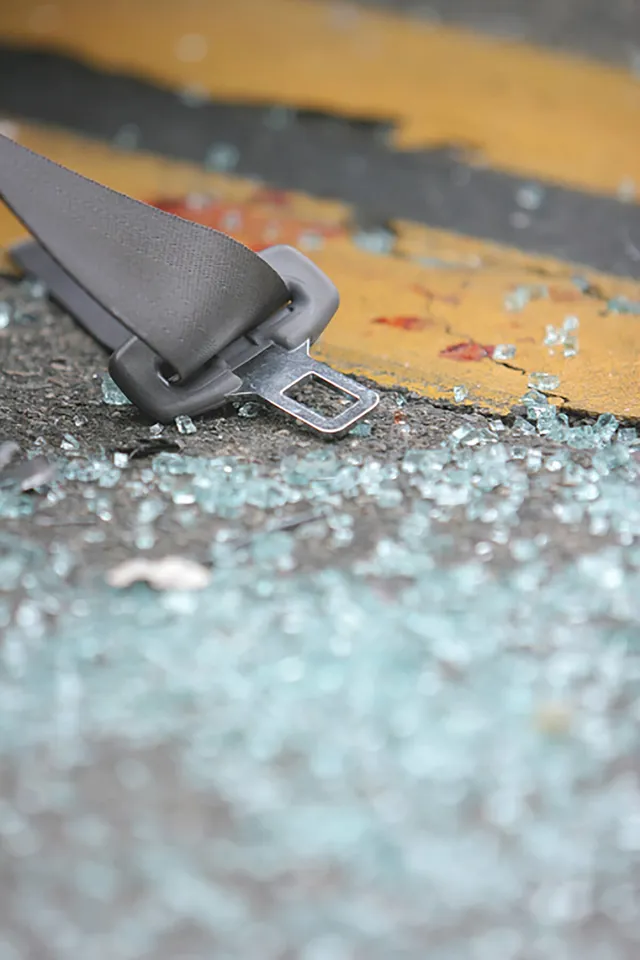The Royal Society for the Prevention of Accidents has warmly welcomed the North Review’s recommendation that the drink-drive limit is lowered and says it is now time for the law to be changed.
Sir Peter North, who conducted the first major review of drink and drug driving law since 1976, has recommended that the limit is cut from 80mg of alcohol per 100ml of blood to 50mg of alcohol per 100ml of blood. New figures from the National Institute for Health and Clinical Excellence (NICE) estimate that the move could save as many as 168 lives in the first year of a reduced limit, rising to 303 lives saved by the sixth year following the change.
The North Review also recommends giving the police greater powers to check for drink drivers and that the automatic 12-month driving ban for a drink-drive offence is maintained for the lower limit.
It also makes a number of recommendations related to drug driving, including that it should be more straightforward for the police to identify and prosecute drug drivers.
Kevin Clinton, head of road safety at RoSPA, said: “In our evidence to the North Review we strongly stated that the drink-drive limit should be reduced to 50mg, a key RoSPA campaign for many years.
“We urge the new Government to implement Sir Peter’s recommendations as soon as possible.
“The new figures from NICE are more than double the previous estimate of how many lives a lower limit would save each year and they provide more evidence – if any was needed – that the drink-drive limit should be lowered.
“We strongly support the recommendation for the police to have wider powers to breath test drivers and that the automatic 12-month driving ban is maintained; if penalties were reduced, it might suggest that driving above the lower limit was less serious and we want to avoid that.
“Sir Peter’s recommendations to streamline procedures for drug-drive testing should help to make detecting and catching drivers impaired by illegal drugs easier, which itself would help to deter people from driving after taking drugs.
“At the moment, drug-driving enforcement is at very low levels because of practical difficulties in detecting whether drivers are impaired by drugs. We need to get to a situation where drug driving laws and enforcement are as clear cut and simple as drink-drive laws.”
The most recent figures show that 430 people were killed in drink-drive accidents in Britain in 2008, and there were 60 reported drug-drive deaths.
To read about the AA's view on the North's Review, Click Here

















Login to comment
Comments
No comments have been made yet.